Why is Pre-engineering Steel Framing Important?
Building your home is one of the biggest investments you will ever make. To make sure you are receiving the highest standard of quality in our framing, all residential steel framing packages are pre-engineered to ensure code compliance, strength, longevity, cost effectiveness, and more.
Structural Integrity
Pre-engineering steel framing ensures that the home’s structure is designed to withstand various loads and forces it may encounter over its lifespan. This includes factors like gravity, wind, earthquakes, and snow loads. By analyzing these factors in advance, engineers can design a structurally sound home that meets safety standards and minimizes the risk of structural failure.
Cost Optimization
Pre-engineering helps optimize construction costs by identifying the most efficient structural design and materials. Engineers can analyze different options, evaluate their performance, and determine the most cost-effective solutions. This can save money during the construction process and throughout the home’s life cycle by reducing the need for repairs or renovations due to structural issues.
Safety and Risk Mitigation
Pre-engineering steel framing for a home helps meet safety standards and mitigate potential risks. The engineering process takes into account local building codes and regulations to ensure that the home is constructed in a way that minimizes hazards. This includes factors such as fire resistance, electrical system design, and proper ventilation, among others.
Longevity and Durability
Each of FastFrame Premium Steel’s home designs are tested for longevity and durability. By considering factors such as environmental conditions, soil characteristics, and potential wear and tear, engineers can design a home that will stand the test of time. This reduces the risk of premature deterioration and helps maintain the value of the property over the long term.
Energy Efficiency
Pre-engineering steel framing can contribute to energy efficiency by optimizing insulation, ventilation, and other aspects of the home’s design. Engineers can analyze the home’s energy needs and propose strategies to reduce energy consumption, such as incorporating renewable energy systems or optimizing HVAC systems. This not only benefits the environment but also leads to lower utility bills for homeowners.
Customization and Functionality
Pre-engineering allows for customization and the incorporation of specific features desired by homeowners. Whether it’s an open floor plan, large windows, or unique architectural elements, engineers can integrate these design preferences while ensuring structural integrity and functionality.
In summary, pre-engineering a home is crucial for ensuring structural integrity, cost optimization, safety, longevity, energy efficiency, and customization. By involving engineers in the early stages of home design, homeowners can benefit from a well-planned and optimized living space that meets their needs while adhering to safety standards and industry best practices.
- By: marketing
- 0 comment


